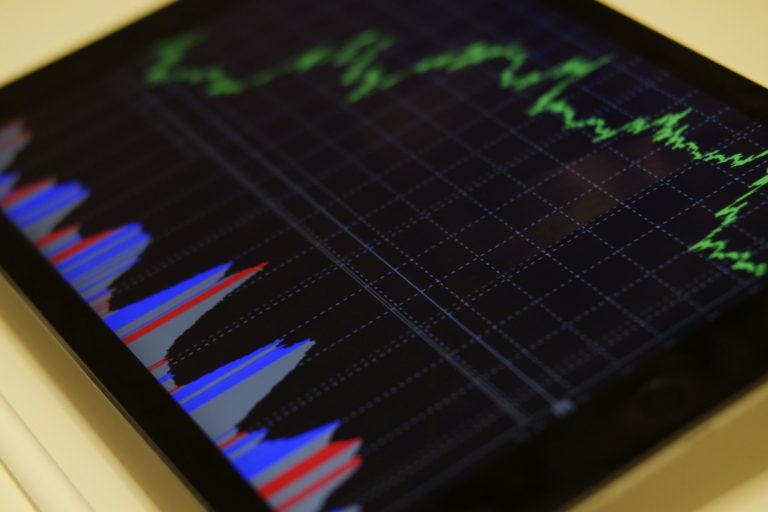
For all the headlines generated by manipulative trading practices, one would think that successfully manipulating markets was a lucrative business. Judging by the stock prices of the firms commonly implicated in such practices, it just isn’t.
Earlier this week, UBS Group AG (NYSE:UBS), Deutsche Bank (NYSE:DB), and HSBC Holdings plc (NYSE:HSBC) settled for a total $47 million for spoofing activities. None of these stocks are doing well long term at all, despite seemingly successful manipulation. Spoofing is when a trader uses trading algorithms to place orders with the intent to cancel them before they are executed. Other trading algorithms pick up on the orders before they are executed and buy to try and benefit from small price gains, driving the stock price higher off of phantom demand. The spoofer can then sell at a higher price than otherwise by fooling other algorithms into placing orders.
From a legal perspective, thanks to Dodd-Frank, this is a no-no. The question is, should it be? Consider, spoofing is designed to fool other algorithms, not human traders directly. The spoofer makes money by triggering buy orders from high frequency trading (HFT) desks, which themselves are often accused of market manipulation by virtue of being HFTs. It’s essentially a game of one computer program trying to outsmart another one.
Let’s assume that spoofing is legal. What happens in that case? A spoofing algorithm X places orders and a second algorithm Y responds by placing more orders on the other end. The initial orders from X are cancelled, and Y is caught holding the bag. If this is legal, then whoever manages Y will lose some money at the expense of X. If Y does not want to be fooled by this activity any longer, the algorithm will be adjusted to wait a few more milliseconds or however long it takes until orders are completed, rendering the spoofing attempt ineffective.
One could lay equal blame on the trader that was spoofed. Only traders who use algorithms can be fooled by this tactic in the first place, so isn’t this really just a case of one manipulator one-upping a second manipulator? Why should this be illegal? Why not just let them try to fool each other and let them duke it out?
Judging by the fact that the banks involved in this crime are all dramatically below their 2007 highs and have never recovered from the 2008 financial crisis, one would think that this spoofing business is not that big of a deal anyway.
Enjoyed this piece? Read this next: Where Amazon and Municipal Bond Finance Collide




